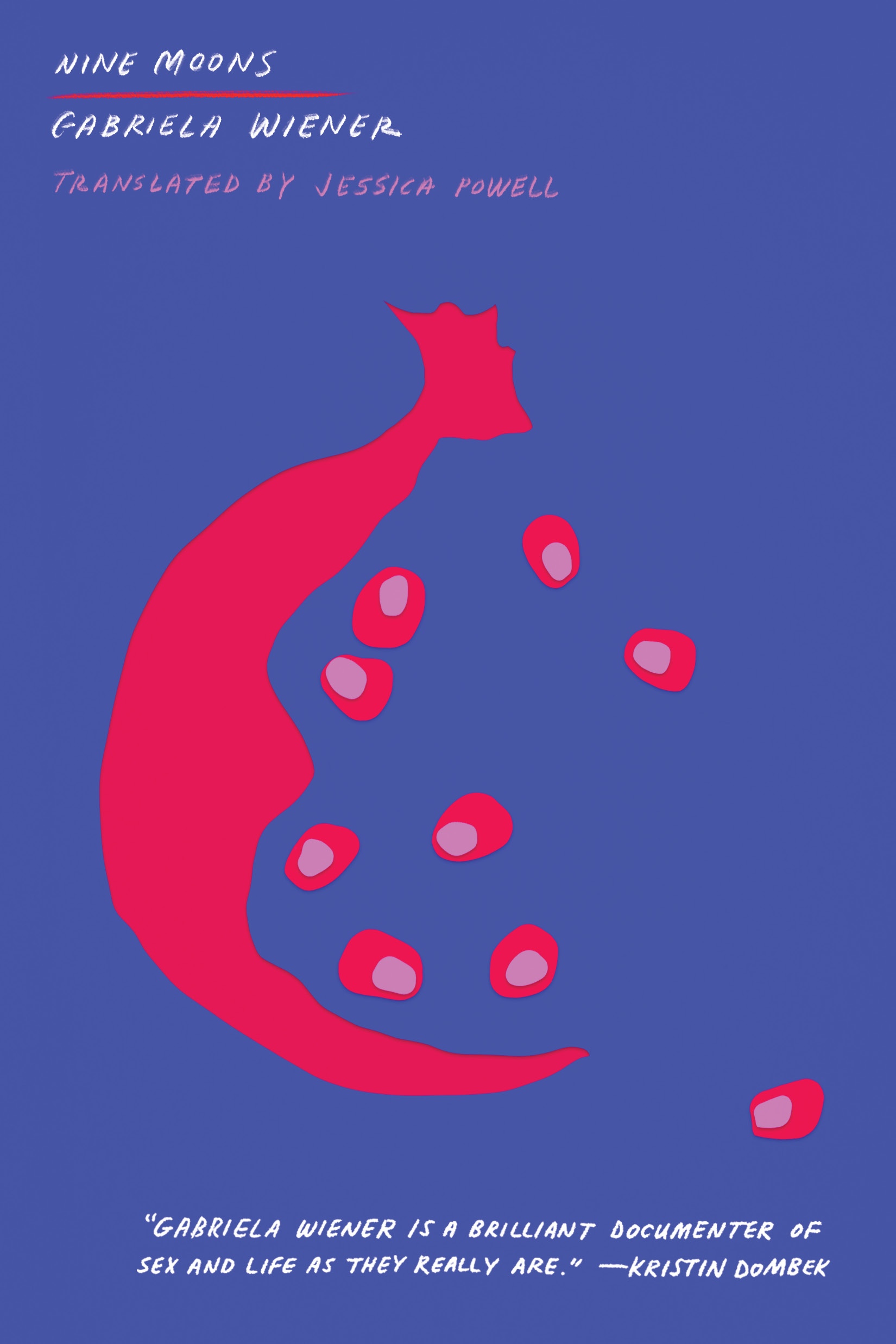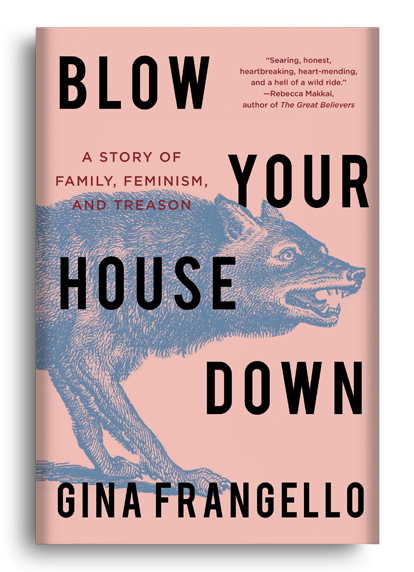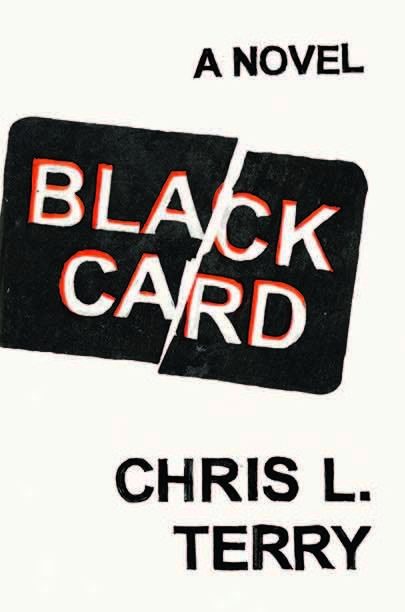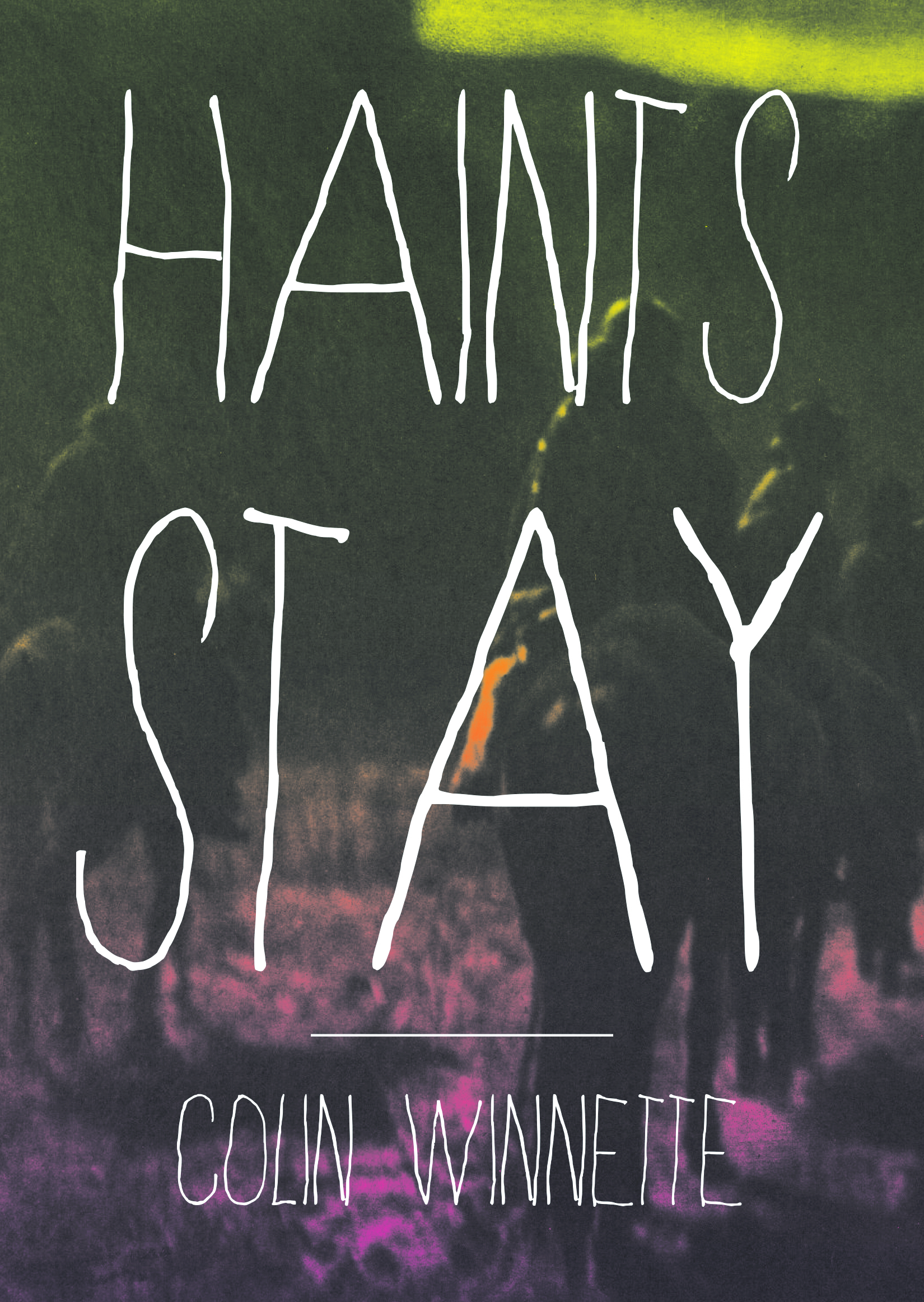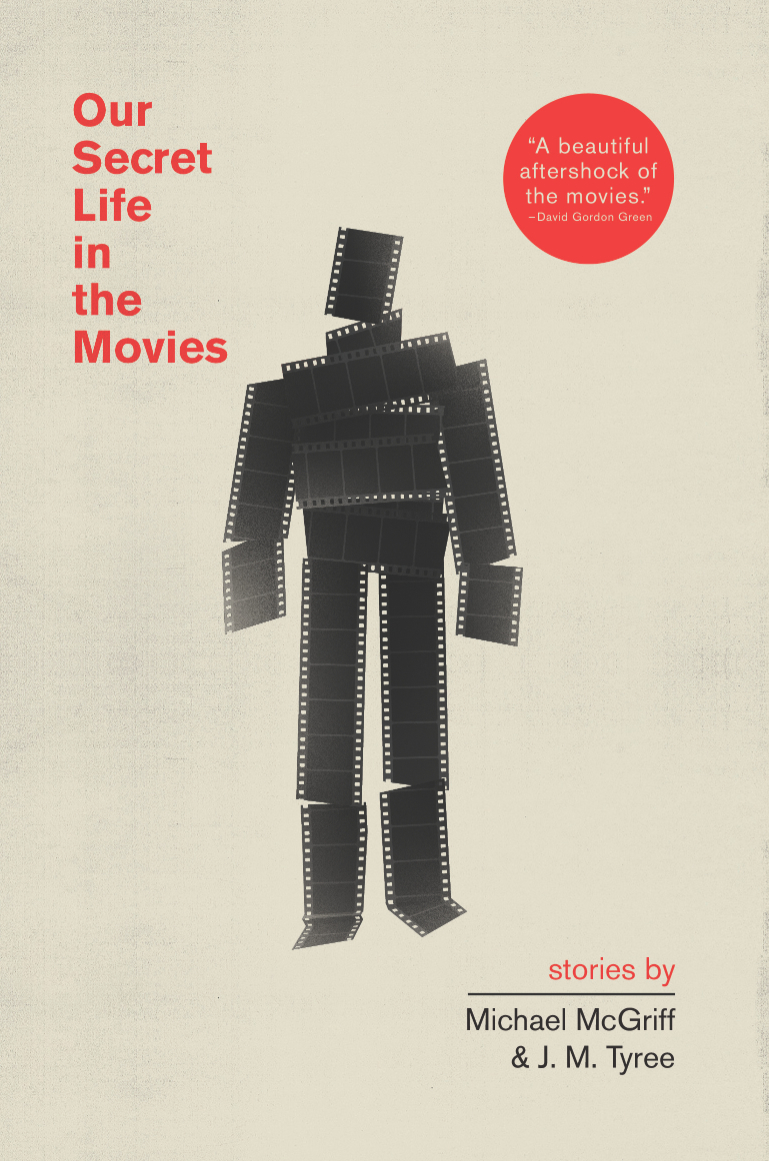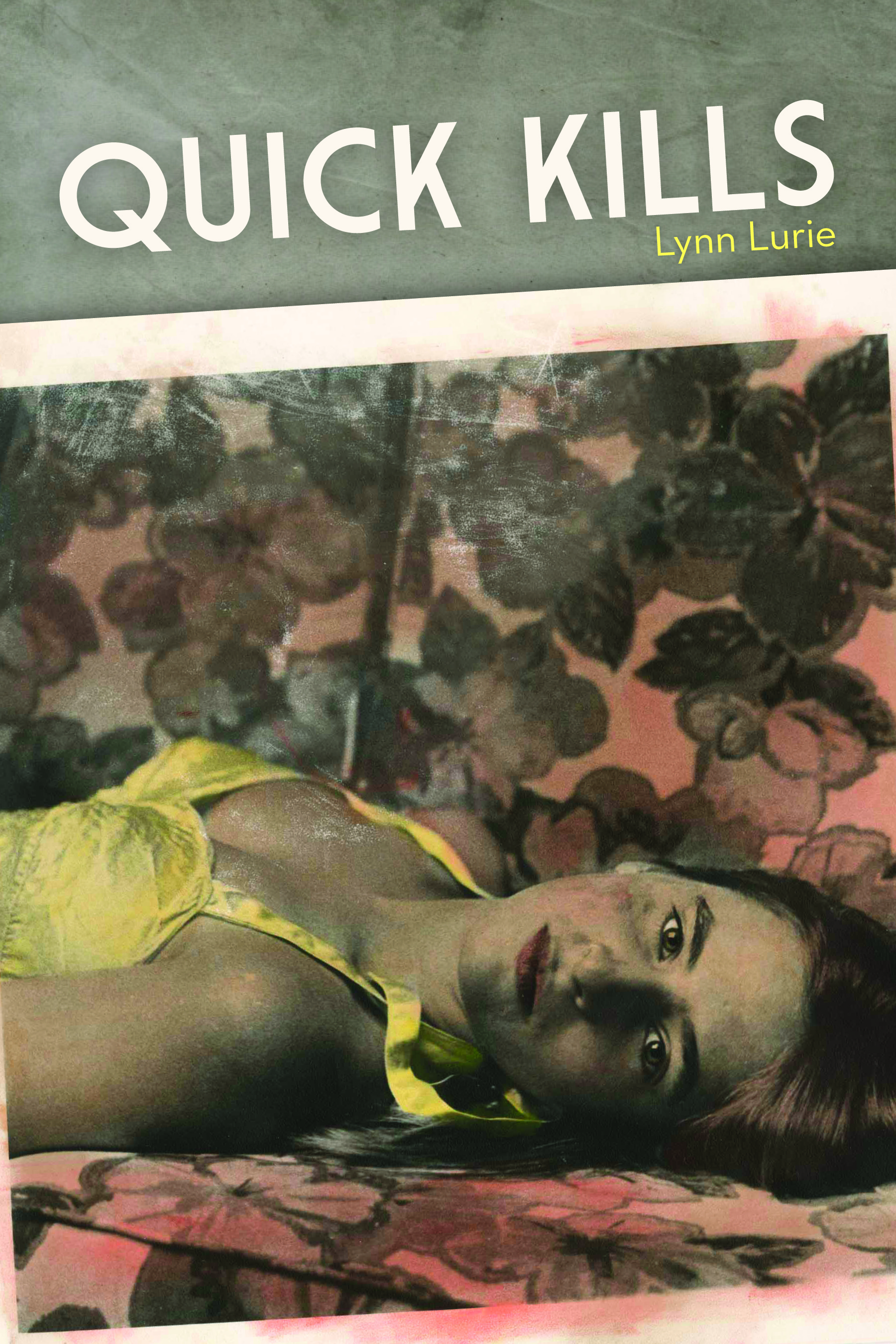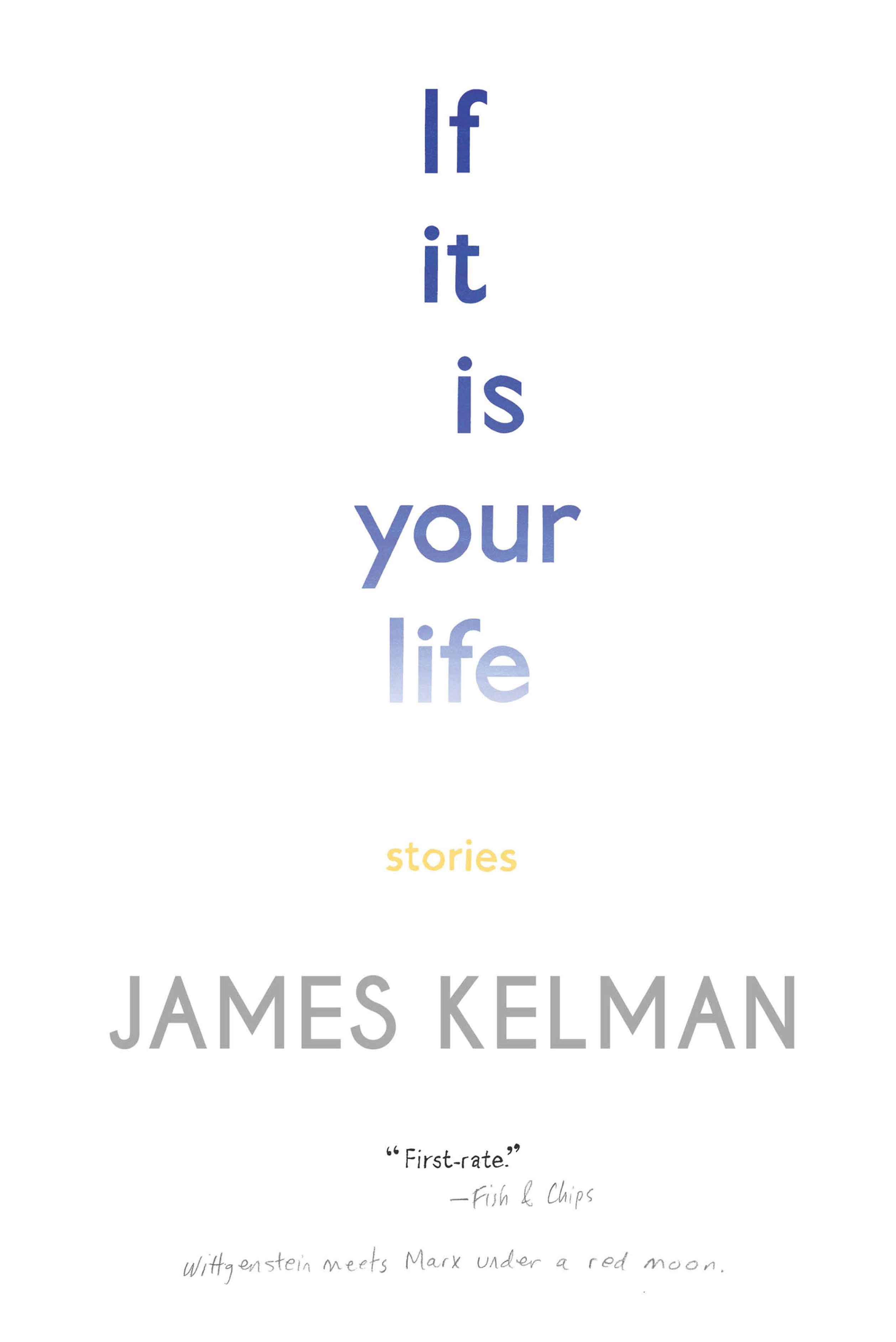Small Plates
an excerpt from
Disappear Doppelgänger Disappear
by Matthew Salesses
Editor’s Note
We first published Matthew Salesses all the way back in Issue Zero, when he contributed a positively Kafkaesque tale of a music executive who loses his identity the moment he gives away his titular Russian coat. I thought of that story a lot while reading Salesses’s new novel, Disappear Doppelgänger Disappear, published by Little A.
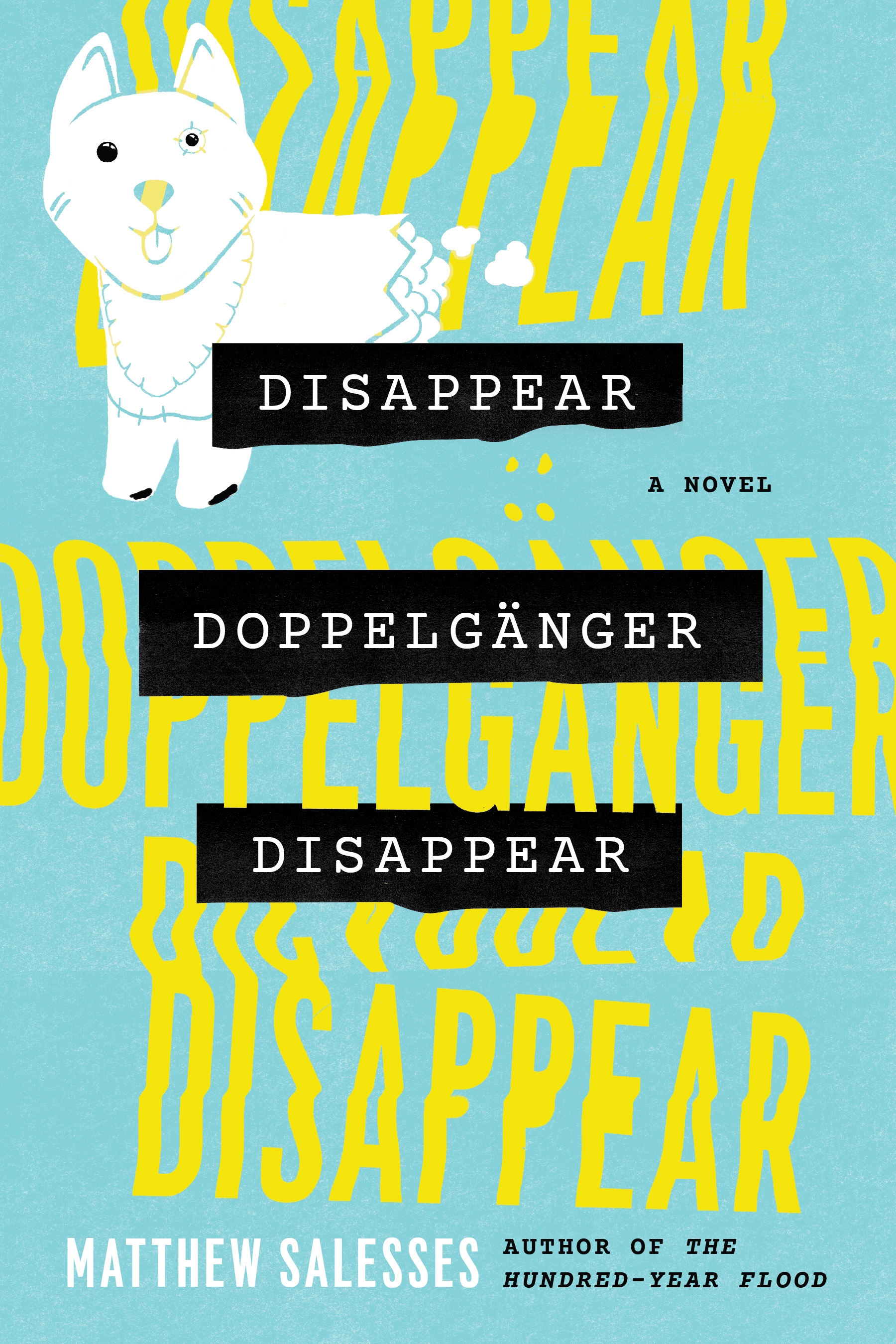
Like “The Russian Coat,” Disappear Doppelgänger Disappear centers on a man who finds himself unmoored from reality, trying to navigate a world whose rules seem to have suddenly changed. The protagonist, Matt Kim, is already uncertain of his place in the world before he encounters his girlfriend’s dopplegänger and learns that he too has a dopplegänger, who’s wildly successful and who recently disappeared. Salesses uses this premise to examine the many facets of Matt’s identity — Korean American, romantic partner, father, struggling writer — within a world that grows more and more dreamlike the deeper Matt gets into his journey of self-discovery.
Disappear Doppelgänger Disappear is filled with so many strange and wonderful twists and turns, it’s hard to talk about without spoiling the experience. Suffice to say, Salesses takes a weird concept and makes it weirder and weirder, blending together domestic drama with office satire and a good dash of noir detective thriller, to create a story that’s wholly original, unusual, and unforgettable.
I’ll always be grateful to Salesses for contributing his considerable talents to help us get Midnight Breakfast off the ground, and I’m thrilled for the opportunity to share this new piece of his imagination with you.
— Taylor Pavlik, Managing Editor
It was 3:28 p.m., she was right on time. From the edge of the dining room I watched her put down two brown bags of groceries and undo the clasps on her heels (tan stilettos that matched her tan dress with white polka dots). She placed her shoes side by side with the toes facing the door. Then she took a photo of them, I didn’t know why. She took a photo of the street through the open doorway. She definitely was not Yumi. She picked the bags up, and when she saw me she nearly dropped them again. She whistled slowly. “You scared the fuck out of me.”
I moved for the case of Cabernet Sauvignon.
“So, you finally woke up,” she said. “We have a lot to talk about, Matt.”
“I’m not Matt,” I said.
I felt disappointed by her disappointment in me.
“Aren’t you?”
“I mean I’m not the Matt you are looking for,” I clarified.
She rolled her eyes, wrinkled her nose. It was Yumi’s eye roll, Yumi’s nose wrinkle.
“Sandra?” I clarified.
“God, you’re not always like this,” Sandra said, “are you?”
This was typical of me. But I took the bags and tried to be better.
In the kitchen I corkscrewed a bottle of Cabernet while Sandra filled the fridge with her and Matt’s food. Everything looked organic, healthy; there were greens I didn’t know by name. The only things of mine that remained in the apartment were the keyboard my mom had wanted me to play and the couch my child had stained as a baby. Maybe the only part of the house that was totally mine anymore was the space between the walls. I poured two overfull glasses of Cab. Something strange was about to happen, I was starting to be able to tell. Evolution was the process of getting used to casualties, our greatest strength was our greatest etc.
We sat at the table, and I told Sandra to let me have it.
“Have what?” she asked.
“It’s just an expression.”
She said she had never heard that expression before. Maybe it was regional.
“You slept an unnaturally long time,” she said. She checked her watch. “God, just over eighty-four hours.”
“Twenty-four hours?” I clarified.
“Just over eighty-four hours.”
Maybe this was an expression I didn’t know. I waited what I hoped was an appropriate length of time. Then I asked, “Twenty-four hours?” again.
“Eighty-four.”
I wanted to acknowledge her perspective, but eighty-four hours? That would make the furniture and the note make more sense (in the sense that we could no longer trust our senses), but on the poisonous hand …
I missed how Yumi could clear up what was normal and what was not. How gently she had cradled my head after my cat died, for example, and told me my wants were not absurd, and even offered a eulogy at the funeral. Guilt tied my tongue.
“Twenty-four hours?” I croaked.
Sandra sighed Yumi’s sigh.
My computer showed the date Sandra said it was. So did the internet. So did my phone when it was charged. My last status update was four days ago. (“gggggggh.”) Everyone else had spent four more days awake than I had. In that time I had missed three calls from Yumi, her maximum as a matter of principle, 146 emails, and no likes on Facebook.
“I’m sorry I ever doubted you,” I said. “The universe is truly master of the universe. Did you move into my house?”
Sandra’s face reddened. She downed the second half of her glass as if to make her face red retroactively.
“Wait a second,” I said. “If I slept that long, why didn’t you try to wake me?”
“I did,” Sandra said, touching her cheeks.
“But you didn’t try that hard?”
“But I’m not your girlfriend,” she said.
“But you moved in?”
Sandra leaned toward the window. She used the reflection to fix her hair—nervously, I thought. She took down a perfect ponytail and put up another perfect ponytail. While she did this she said, “You were unconscious for eighty-four hours, and I was the only one who checked on you. A thank you would be nice.”
“Thank you,” I said. “You didn’t take me to the hospital?”
She said there was no treatment for being a doppelgänger.

